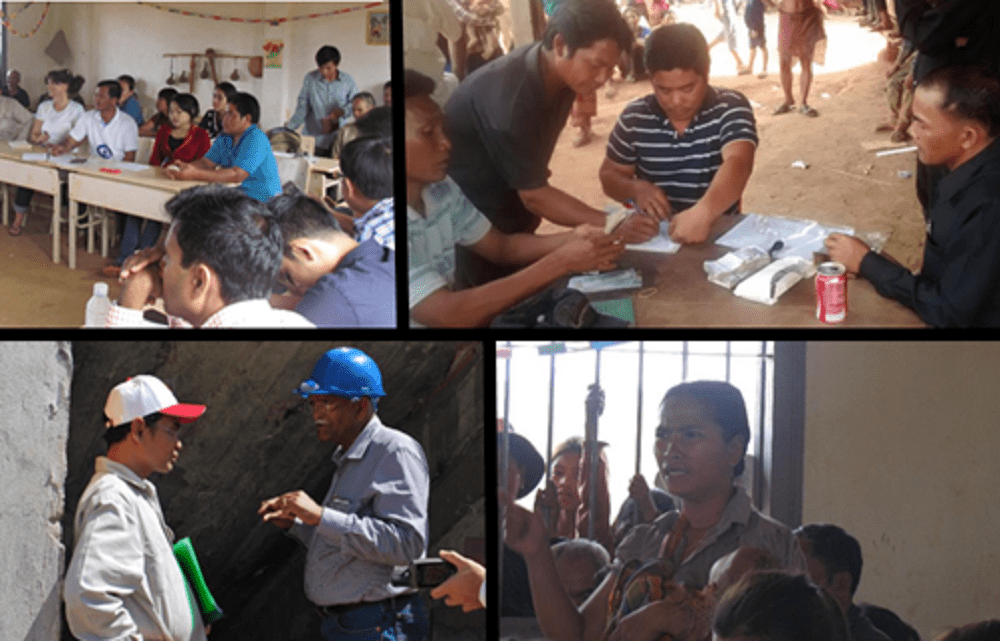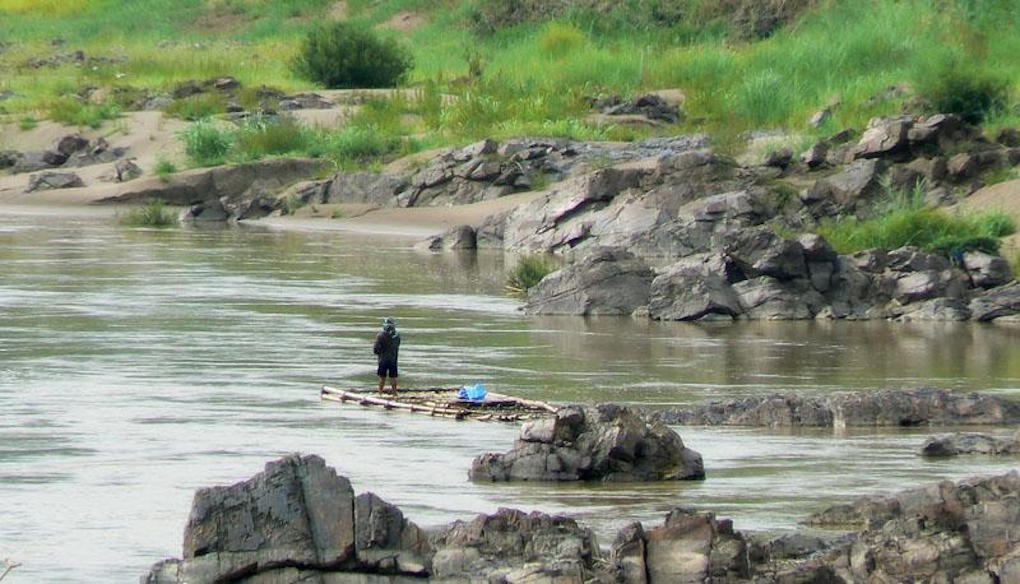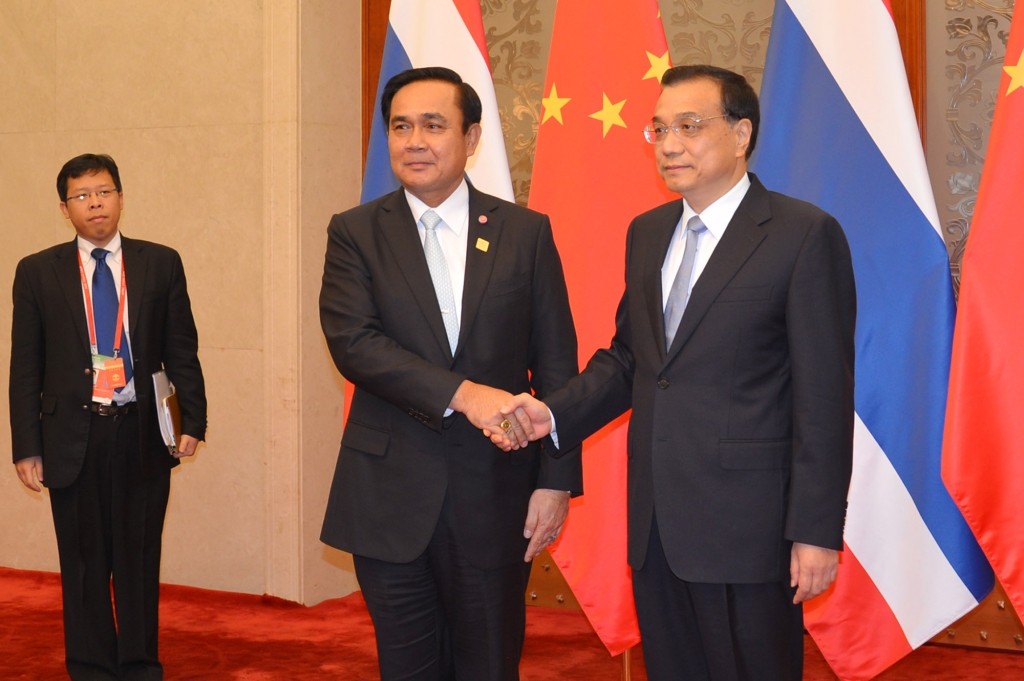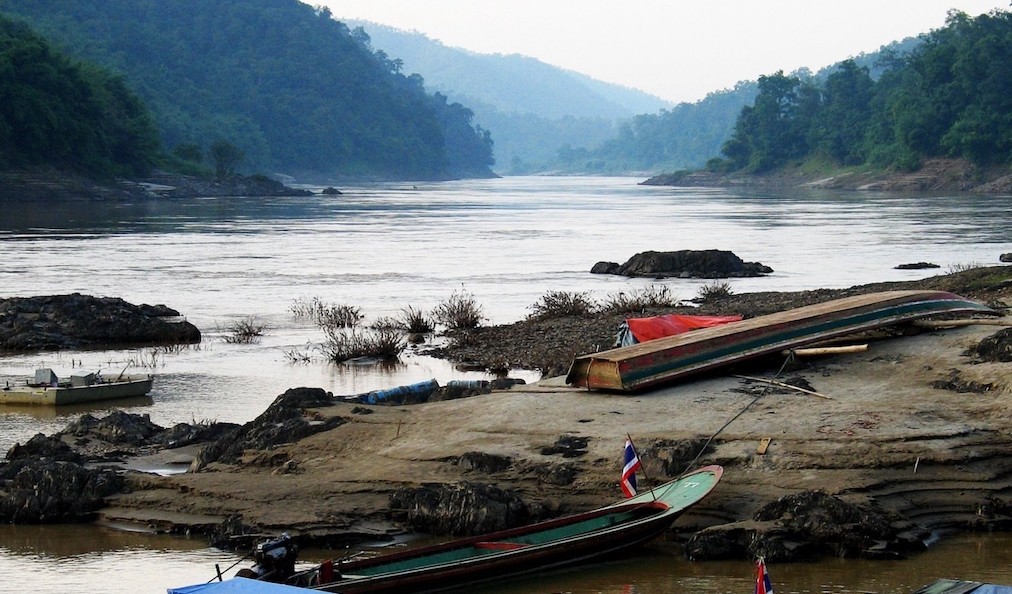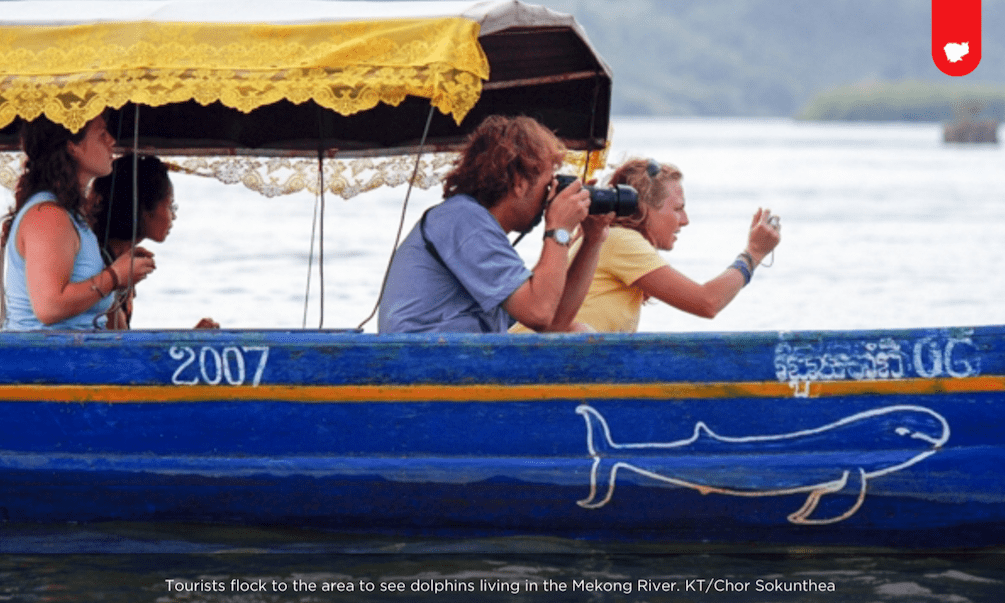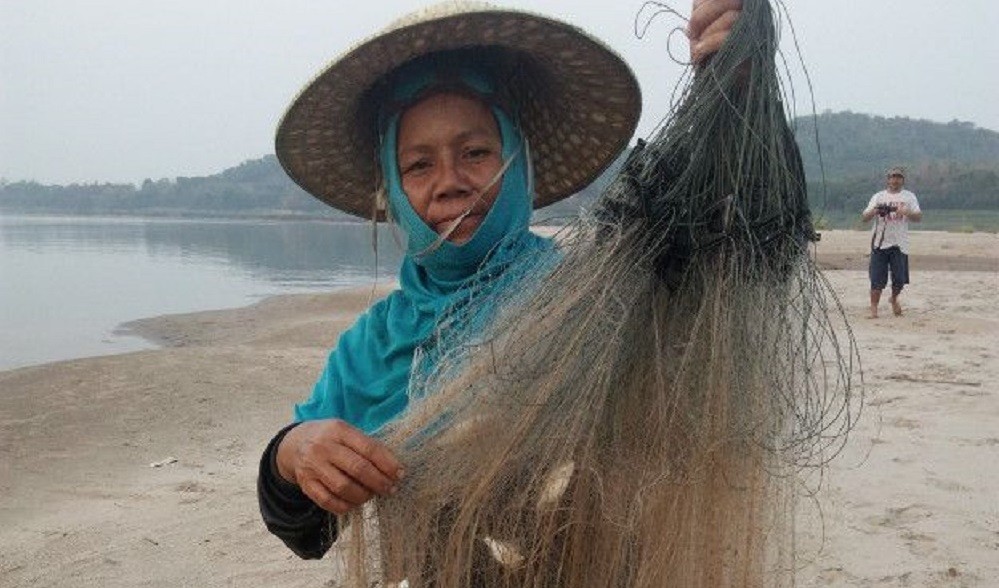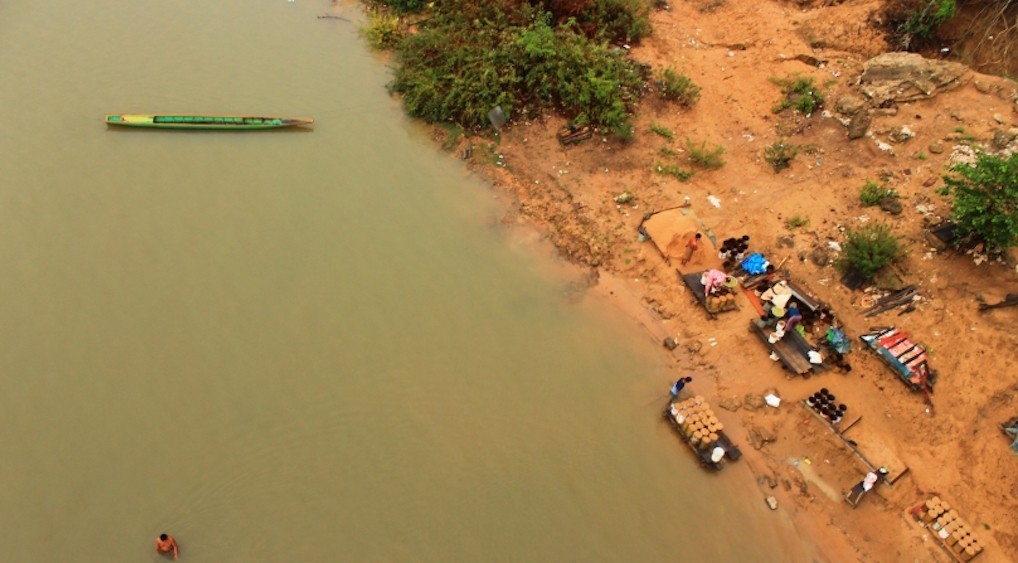In a world of galloping hydro-power rapidly engulfing the developing world and new dams popping up in the Amazon, the Congo and along the Mekong, it is hard to find any important river left in the world, that has escaped unscathed and undammed.
The free-flowing Salween is the last important undammed river in East Asia, where endangered species including tigers and clouded leopards can still be found in remote parts of Myanmar’s ethnic Karen State.
From the snow-capped mountains of Tibet, the Salween rushes through steep gorges in Yunnan Province and flows through four of Myanmar’s ethnic states before emptying into the Andaman Sea.


